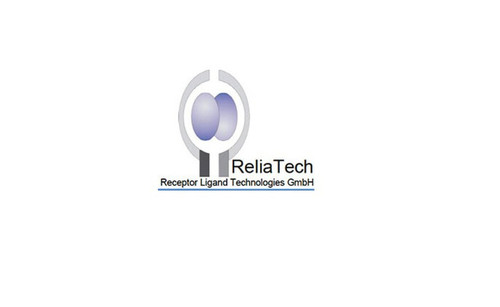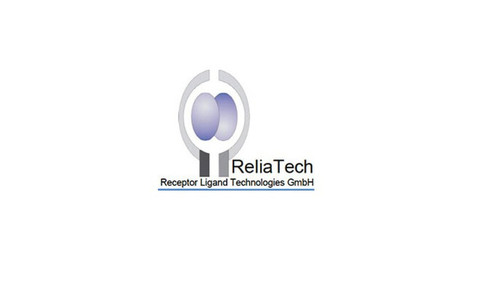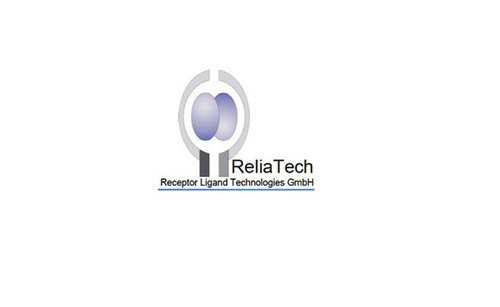Product Description
Rabbit Anti-Human Podoplanin Antibody | 102-PA40S | ReliaTech
Species: Anti-Human
Host / biotech: Rabbit
Comment: N/A
Label: N/A
Clone / Antibody feature: Rabbit IgG
Subcategory: Polyclonal Antibody
Category: Antibody
Synonyms: PDPN; T1A; GP36; GP40; Gp38; OTS8; T1A-2; AGGRUS; HT1A-1; PA2.26
Isotype: N/A
Application: WB, IHC, IP
Detection Range: Western Blot: Use 1-5 µg/ml
Species Reactivity/Cross reactivity: Human
Antigen: Recombinant human Podoplanin (RT #S01-046)
Description: Podoplanin, also known as glycoprotein 36 (gp36), PA2.26 antigen, T1alpha (T1A), and aggrus, is a 36 kDa type I transmembrane sialoglycoprotein and member of the Podoplanin family. Podoplanin has three potential splice variants, the longest of which is represented by a 238 amino acid (aa) precursor (NP_006465). It contains an undefined signal sequence, a 22 aa transmembrane segment (aa 207-228) and a short cytoplasmic tail (aa 229-238). The ECD contains abundant Ser/Thr residues that could serve as potential O-linked glycosolation sites. The cytoplasmic tail contains putative sites for protein kinase C phosphorylation. There are two potential alternate start sites at Met 77 (Swiss Prot #: Q86YL7) and Met 119 (EAW51692) that generate short forms. The 162 aa short form Podoplanin precursor shares 47% aa identity with mouse Podoplanin. Podoplanin is expressed on glomerular epithelial cells (podocytes), type I lung alveolar cells, lymphatic endothelial cells, and numerous tumors, including colorectal tumors, squamous cell carcinomas, testicular seminoma, and brain tumors. One study shows high expression of Podoplanin mRNA in placenta, lung, skeletal muscle, and heart, and weaker levels in brain, kidney, and liver. Podoplanin is the ligand for C-type lectin-like receptor 2 (CLEC2). Their association is dependent on sialic acid on O-glycans of Podoplanin. Through its association with CLEC2, Podoplanin-induces platelet aggregation and tumor metastasis. Podoplanin is also necessary for lymphatic vessel formation, normal lung cell proliferation and alveolus formation at birth.
Purity Confirmation: N/A
Endotoxin: N/A
Formulation: lyophilized
Storage Handling Stability: The lyophilized antibody is stable for at least 2 years at -20°C. After sterile reconstitution the antibody is stable at 2-8°C for up to 6 months. Frozen aliquots are stable for at least 6 months when stored at -20°C. Addition of a carrier protein or 50% glycerol is recommended for frozen aliquots.
Reconstituation: Centrifuge vial prior to opening. Reconstitute in sterile water to a concentration of 0.1-1.0 mg/ml.
Molecular Weight: N/A
Lenght (aa): N/A
Protein Sequence: N/A
NCBI Gene ID: 10630
 Euro
Euro
 USD
USD
 British Pound
British Pound
 NULL
NULL








